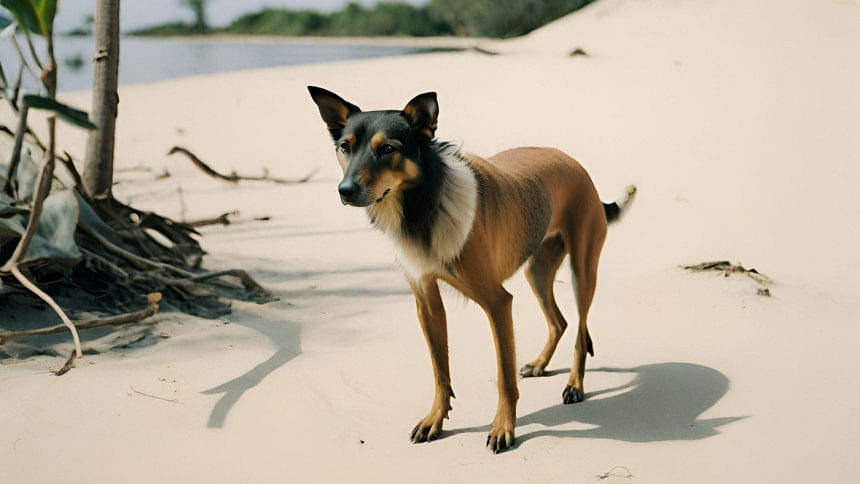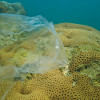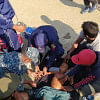Starving souls on paradise isle: The plight of St. Martin's stranded dogs

The coral island of St. Martin's is a place that usually evokes images of tranquillity, idyllic beaches, and unparalleled beauty. However, beneath this picturesque façade lies an unsettling reality—a burgeoning dog population that faces extreme cruelty and starvation, especially during the off-season from April to October. As tourism halts, these innocent animals, often fed by tourists during the peak season, are left to fend for themselves, leading to horrifying outcomes.
The dogs on St. Martin's Island live a life of stark contrasts. From November to March, the island teems with tourists who feed and often play with these animals. However, during the off-season, the dogs are subjected to abject neglect, hunger, and even violence. As the hotels and tourist shops close down, the dogs are left starving, often to the point of death.
As desperation kicks in, these emaciated animals, now reduced to mere 'sticks and bones,' approach local hotels and eateries in a plea for sustenance. Instead of compassion, they are met with cruelty, with instances of hot water being thrown at them or being beaten mercilessly. Such actions reveal not just an alarming lack of empathy but also a grave violation of animal rights.
Further exacerbating the issue is the lack of sterilisation programmes on the island. The result is a burgeoning canine population with more mouths to feed, but no means to do so, creating a vicious cycle of suffering.
The government's intervention is crucial in implementing sterilisation programmes and ensuring that humane treatments are meted out to these innocent beings. Animal welfare organisations can also play a pivotal role in providing food and healthcare services.
Donations, whether in-kind or financial, can make a significant difference. Collective contribution can fund food, medical supplies, and sterilisation procedures, bringing these animals a step closer to a life worth living.
St. Martin's Island may be a paradise for tourists, but it's far from it for its canine residents. Let us not turn a blind eye to their suffering any longer. If we, as a society, can make their lives even slightly better, then it's not just the dogs who benefit — it's our collective soul that earns a reprieve from apathy and neglect.
The time to act is now.

 For all latest news, follow The Daily Star's Google News channel.
For all latest news, follow The Daily Star's Google News channel. 








Comments